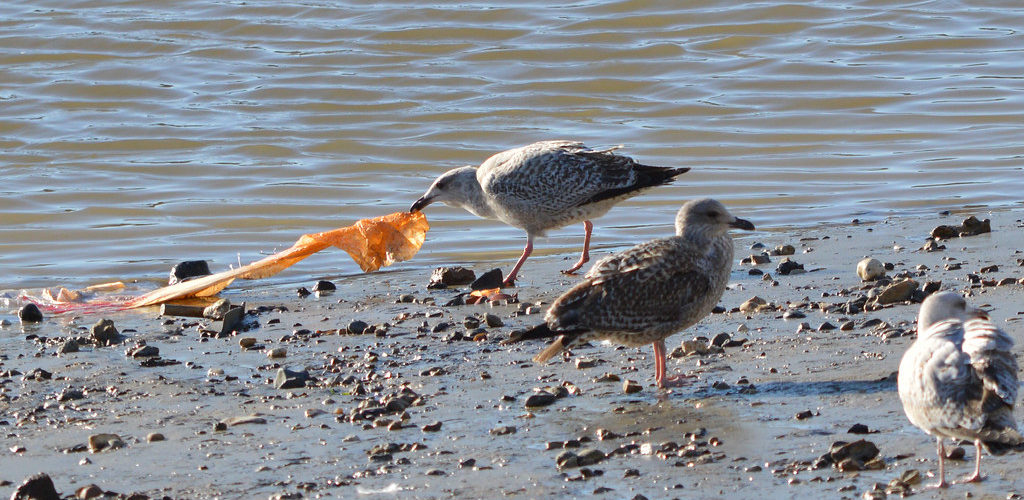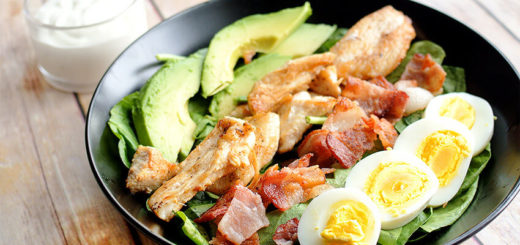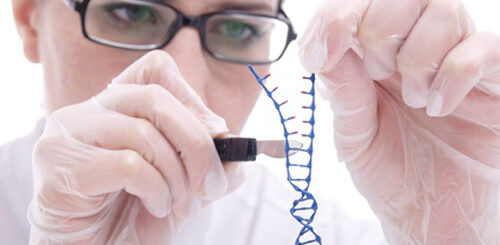Plastic for dinner? Seabirds that eat plastic

Every time I visit the beach, I find myself picking up plastic litter in my path. By the end of a walk, I have spotted a greater variety of plastic than Scottish wildlife. Unfortunately, this extensive display of plastic and disregard for our environment is common across the world.
8 million tonnes of plastic have been estimated to enter the world’s oceans every year. The majority of the plastic comes from inland sources, entering the ocean by rivers or wind. As you may have noticed when throwing it away, there is not just one type of plastic. Its many different features (shape, colour, physical and chemical properties) make plastic a very diverse type of pollutant1.
With the high amount and diversity of plastic entering the ocean, there are many different ways that organisms can interact with plastic, such as becoming entangled in or ingesting plastic debris. 693 marine species have been affected by plastic debris, including, cetaceans, seabirds, turtles, fish and crustaceans. Plastic ingestion is a serious threat to seabird welfare and conservation. A 2015 study estimated that 99% of all seabird species will have ingested plastic by 20502. But you may ask why on earth a seabird or any animal would want to eat plastic?
So, why do seabirds eat plastic?
There has been very little research into why seabirds eat plastic. Some seabird species are more prone to ingesting plastic than other species. A particular species that are apparently highly attracted to plastic are the tube-nosed seabirds, petrels and albatross. These tube-nosed seabirds are among the most severely affected by plastic ingestion3.
Tube-nosed seabirds have a very good sense of smell which they use to forage for food. Scientists have found that marine plastic debris can emit the scent of a sulphurous compound that some seabirds rely upon to find food. This scent can trick the birds into thinking marine plastic is food.
The sulphurous compound dimethyl sulfide, or DMS, which coats floating plastic, is also a chemical signal released by algae. The signal released by algae is not the smell of food exactly, but rather the smell produced as krill eat food. Krill are common food for seabirds, and therefore this smell is signalling that food is near for the birds. The DMS smell makes the birds think krill – or other prey that eat algae – are present and thus attracts the bird to eat the plastic.
Plastic ingestion may also depend on a variety of factors: the foraging strategy of the bird, colour, shape and density of the plastic, and its resemblance to prey. These may play an important role in causing certain plastics to be ingested selectively by particular seabirds.
Why should we worry about seabirds eating plastic?
There is now rising evidence of the health impacts on seabirds that ingest plastic. Ingested plastic can block the further passage of food, which reduces the bird’s ability to eat and leads to eventual starvation. Other negative impacts include: decreased body condition, reduced reproductive success, and increase in mortality rates. Adults also feed plastic to chicks, so they too suffer these health impacts, influencing the potential of the species as a whole to survive.
Seabirds are the most threatened groups of birds with 50% of all seabird species in decline. Moreover, their conservation status has rapidly fallen in recent decades. The major threats to seabirds are invasive species (predation and disturbance, particularly by rats and cats)4, bycatch (species that are caught unintentionally during fishing), overfishing of food sources, climate change and severe weather. Climatic events at breeding sites and the potential impact of the rise in sea levels are increasingly affecting seabirds in many ways. Marine debris has added greater risk to their populations.
What can be done?
It seems like the best solution would be to completely stop plastic entering our world’s ocean but that will take a very long time. So, the first main step is improving management of plastic waste. Particular solutions are: to reduce packaging, ban single-use plastic items or charging an extra fee to use them, and introduce deposit schemes. In such schemes, people are incentivised to save plastic & glass bottles etc., and return at recycle points in shops where they will get money back5.
With the recent recycling “scandal” here in the UK, plastic is not being recycled and instead being sent to landfill or deposited straight into the environment, including rivers. More thorough checks on the waste disposal services is seriously needed to prevent further detriment to our environment and the wellbeing of seabirds6.
Looking beyond the UK, a recent study of waste management in Europe has already shown that improved management of plastic is effective. There was a significant reduction in the number of plastic items ingested by seabirds in the North Sea and within only a few decades following implementation of a cross-countries waste management agreement. This is good news, showing that simple solutions are easy to adopt, effective and can work in short space of time.
Perhaps next time you visit the beach pick up any plastic you see, leaving less to end up inside an animal.
Edited by Frankie Macpherson
References
- https://theconversation.com/eight-million-tonnes-of-plastic-are-going-into-the-ocean-each-year-37521
- www.pnas.org/content/112/38/11899
- www.sciencedaily.com/releases/2016/11/161110092222.htm
- www.islandconservation.org/first-global-assessment-of-seabirds-threatened-by-invasive-alien-species-on-islands-released/
- https://theconversation.com/seabirds-are-eating-plastic-litter-in-our-oceans-but-not-only-where-youd-expect-46740
- www.theguardian.com/environment/2018/oct/18/uk-recycling-industry-under-investigation-for-and-corruption










